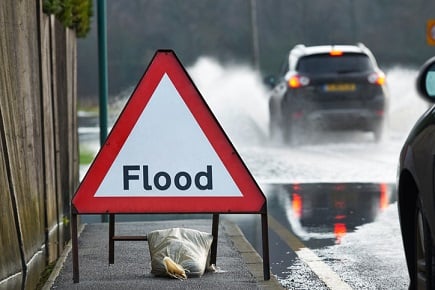

A new study conducted by the University of Waterloo has found that not only is Canada’s flood mapping information unfinished and inconsistent, it is also difficult for Canadians to access the public data.
The study described current flood map information as “inadequate, incomplete, hard to locate and varied widely from province-to-province,” an official release from the university said.
Researchers examined the available online information of over 300 communities across Canada – specifically those communities considered at high-risk of flooding. Sources of information included information made available by both government and non-government web sources.
They found that 62% of the available maps failed to meet the basic criteria for informing the public about flood risk. Researchers also discovered that the availability of flood maps varied by region, with the overall quality of Canada’s mapping regime below other OECD (Organisation for Economic Co-operation and Development) nations.
For instance, Ontario’s flood maps were available on conservation authority websites and were based on the authority’s area of influence. Quebec had a provincial flood maps portal. Alberta, too, had a provincial web portal, but it only hosted information for 20 communities. BC had some mapping available, but they were designed to work under the assumption that users understood which river basin their home was nearest to.
“With governments starting to step away from flood recovery assistance in favour of having homeowners purchase private insurance, it is clear homeowners lack access to information that would help them determine if they should add that protection to their policies,” explained University of Waterloo Faculty of Arts political science professor Daniel Henstra.
“Considering that current household debt levels would likely hinder a homeowner’s ability to pay the tens-of-thousands of dollars often associated with an average flood, Canada needs to make better information available to homeowners so they can determine if their homes are at risk.”
